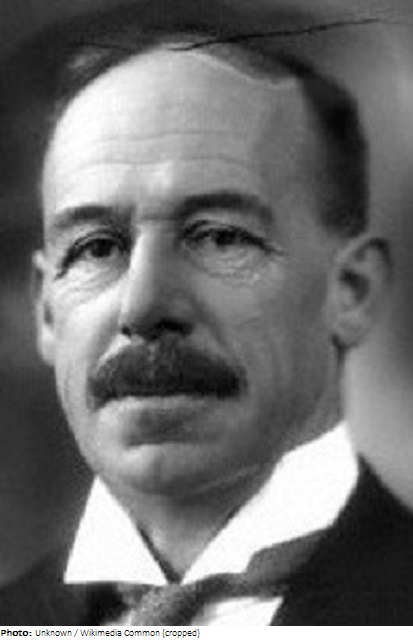
| Roles | Competed in Olympic Games |
|---|---|
| Sex | Male |
| Full name | Philip Wigham•Richardson |
| Used name | Philip•Richardson |
| Born | 26 January 1865 in Newcastle upon Tyne, England (GBR) |
| Died | 23 November 1953 (aged 88 years 9 months 28 days) in Weybridge, England (GBR) |
| Title(s) | Sir, 1st Baronet Richardson of Weybridge |
| NOC |  Great Britain Great Britain |
| Medals | OG |
| Gold | 0 |
| Silver | 1 |
| Bronze | 0 |
| Total | 1 |
Lieutenant-colonel Sir Philip Richardson, the 1st Baronet Richardson of Weybridge, was a regular at the annual Wimbledon and Bisley meetings for more than 60 years. He also found time to serve the constituency of Chertsey in Surrey as a Conservative Member of Parliament (MP) for nine years between 1922-31. The Baronetcy was conferred upon him in 1929.
Richardson was the son of John Wigham Richardson, founder of a firm of shipbuilders that became part of the famous Swan, Hunter, Wigham Richardson company, of which Sir Philip was chairman for many years. Swan Hunter, as they became better known, built some famous British ships at the turn of the 20th century, including RMS Mauretania, which held the Blue Riband for the fastest crossing of the Atlantic.
Richardson was educated at Rugby School and King’s College, Cambridge. At school he was a keen footballer and athlete, and won the school steeplechase championship. He also took up rifle shooting during his time at Rugby and, after going to Cambridge, was in the University Match Rifle team in 1884-86. He reached the Queen’s (later King’s) Prize for the first time in 1886 when he was a member of the Cambridge University Volunteer Force, and appeared in the final ten times between then and 1924. Although he never won the title, he coached his former chauffer Captain E. W. H. Brookes to win the title in 1949. At the time of his death, Richardson was regarded as the “Father” of the Bisley Meeting.
In addition to his King’s Prize appearances, Richardson, a former chairman of the National Rifle Association, made a total of 26 appearances for England in both the National Trophy and MacKinnon Cup matches between 1887-1920 and captained both teams several times. He appeared at two Olympics, and in 1908 was a member of the Military Rifle team that won a silver medal.
Richardson’s talents were put to good use during World War I when he trained snipers in the use of telescopic sights and generally raised the standard of musketry in the British Army. His services were recognised with the award of an OBE in 1919. He also received the Volunteer Officers’ Decoration (VD), and was knighted in 1921.
| Games | Discipline (Sport) / Event | NOC / Team | Pos | Medal | As | |
|---|---|---|---|---|---|---|
| 1908 Summer Olympics | Shooting |  GBR GBR |
Philip Richardson | |||
| Military Rifle, 200/500/600/800/900/1,000 yards, Team, Men (Olympic) | Great Britain | 2 | Silver | |||
| 1912 Summer Olympics | Shooting |  GBR GBR |
Philip Richardson | |||
| Military Rifle, Three Positions, 300 metres, Men (Olympic) | 65 | |||||
| Military Rifle, Any Position, 600 metres, Men (Olympic) | 33 |